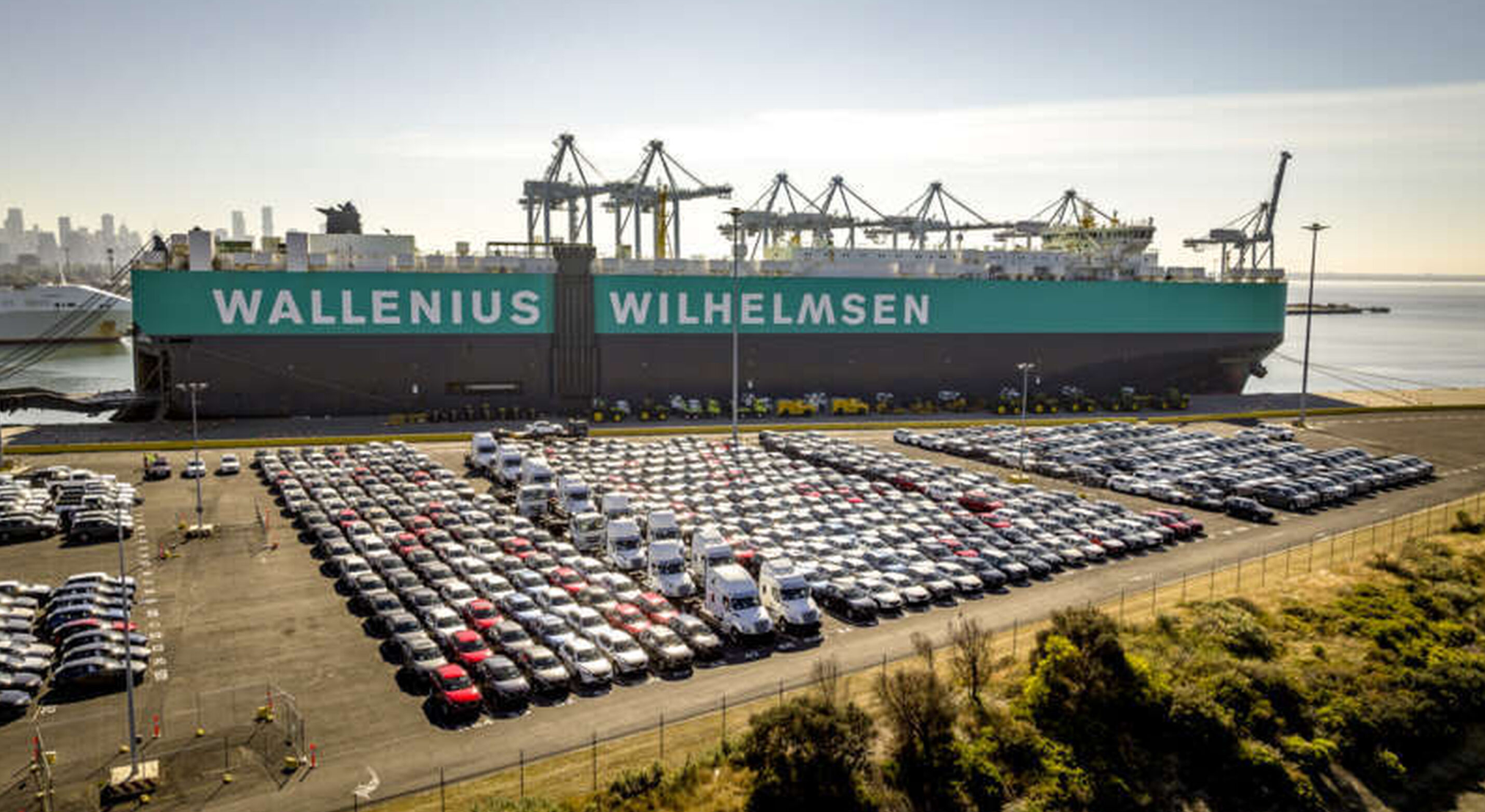
In an era where environmental sustainability is paramount, Wallenius Wilhelmsen is charting a course towards a greener future. With a commitment to achieving net zero emissions by 2040, the company is spearheading initiatives to revolutionize the maritime industry. A recent announcement reveals their stride towards this ambitious goal through the integration of biofuels into their fleet’s fuel mix.
Sourcing the Right Fuel
Wallenius Wilhelmsen recognizes the imperative to adopt alternative, low carbon fuel sources to meet customer demands, adhere to evolving regulations, and achieve their internal sustainability targets. Biofuel blends, derived primarily from used cooking oil (UCOME), emerge as a promising solution. These blends, serving as drop-in fuels, offer compatibility with existing combustion engines, thus requiring no vessel modifications. The company aims to replace over 10% of its total fuel consumption with biofuel blends in 2024, with a predominant usage of the B30 blend, boasting emission savings of approximately 25% compared to conventional fuels.
Finding the Correct Balance
However, the transition to low carbon fuels presents logistical challenges due to limited availability. To address this, Wallenius Wilhelmsen has devised a strategic approach termed the Reduced Carbon Service, operating on a mass-balance principle within their network. By bunkering biofuel at select locations worldwide, the company extends the benefits of reduced carbon services to all customers, irrespective of geographic location.
Innovative Emission Reduction Strategies
A pivotal aspect of Wallenius Wilhelmsen’s sustainability journey is the implementation of innovative emission reduction strategies. Through a methodology known as ‘insetting,’ emission savings achieved by substituting conventional fuel with biofuel blends are recorded internally. Customers purchasing the Reduced Carbon Service receive declarations verifying their emission reductions, independently verified by third parties.
Planning in Evolving Market Conditions
Looking ahead, Wallenius Wilhelmsen remains committed to embracing emerging green technologies. The impending introduction of green methanol, coinciding with the delivery of their Shaper Class vessels in 2026-2027, underscores the company’s forward-looking approach. These vessels, equipped to operate on near-zero carbon fuels, epitomize Wallenius Wilhelmsen’s dedication to sustainability.
Regulatory and Industry Developments
Wallenius Wilhelmsen’s fuel strategy aligns with evolving regulatory frameworks aimed at reducing greenhouse gas emissions in the maritime sector. Collaborating with regulatory bodies such as the International Maritime Organization (IMO) and the European Union (EU), the company contributes to shaping future regulations. Initiatives like the IMO’s carbon intensity regulation and the EU ETS mandate demonstrate the industry’s collective commitment to environmental stewardship.
In essence, Wallenius Wilhelmsen’s endeavors exemplify a paradigm shift towards sustainable maritime operations. By embracing innovative technologies, collaborating with stakeholders, and adhering to stringent regulations, the company paves the way for a decarbonized future in the shipping industry.

